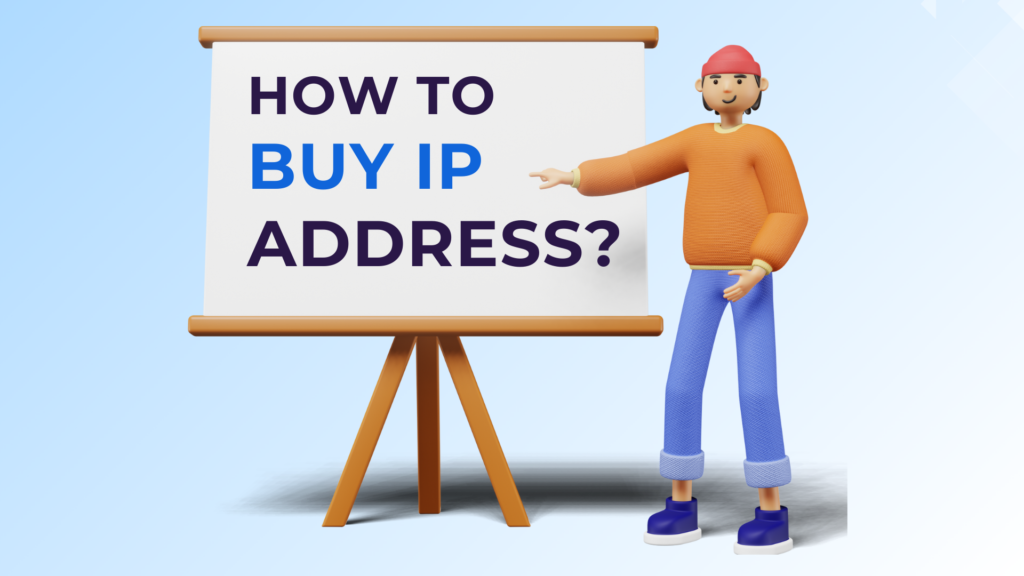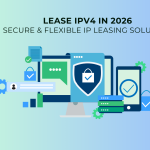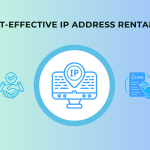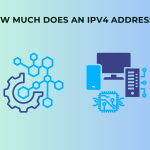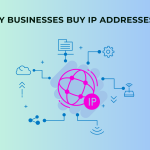If your business is seeking to purchase IP address space, Pacific Connect can help you. Today, IPv4 addresses are only available through trading or transfers, since they’re very rarely issued for free by the Regional Internet Registries (RIRs). IP addresses are still needed to run networks but are available only when current owners free up blocks registered to them. That’s when we step in to match sellers with companies that need to buy IP blocks at market prices. Purchasing IPv4 address blocks can enhance your network security, improve network management, and is an investment in a sought-after network commodity.
The process of acquiring IPv4 addresses can be complex and time-consuming without proper guidance. As the availability of routable IPv4 addresses dwindles and prices fluctuate, it’s crucial to have accurate information and support. PCL specializes in delivering top-notch services to facilitate your purchase of IP addresses, making the process hassle-free.
Why Buy IP Address?
There are several reasons why you may need to Buy IP Address. For example, if you want to run a server, you will need a public IP address. You may also need to Buy IP Address if your internet service provider (ISP) doesn’t provide you with a static IP address, and you need one for a specific purpose, such as setting up a virtual private network (VPN).
Steps to Purchasing/Buying IPv4 Addresses
Step 1: Determine Your Need for an IP Address
Before you Buy IP Address, determine your need for one. If you’re not sure whether you need a public or private IP address, consult with an IT expert.
Step 2: Choose a Reliable IP Address Provider
Once you’ve determined your need for an IP address, choose a reliable provider. There are several providers to choose from, including regional internet registries (RIRs), internet service providers (ISPs), and IP brokers.
Regional Internet Registries (RIRs) are non-profit organizations that manage the distribution of IP addresses in a particular geographic region. The five RIRs are:
- American Registry for Internet Numbers (ARIN)
- Asia-Pacific Network Information Centre (APNIC)
- Réseaux IP Européens Network Coordination Centre (RIPE NCC)
- Latin American and Caribbean Internet Addresses Registry (LACNIC)
- African Network Information Centre (AFRINIC)
Internet Service Providers (ISPs) are companies that provide internet access to customers. Some ISPs also provide IP addresses to their customers.
IP Brokers are companies that buy and sell IP addresses. They typically have a large inventory of IP addresses and can help you find one that meets your needs, like Pacific Connect.
Step 3: Choose the Type of IP Address You Need
There are two types of IP addresses: public and private.
- A public IP address is visible to devices on the internet and is required for servers and other internet-facing devices.
- A private IP address is used for devices on a private network and is not visible to devices on the internet.
Step 4: Buy the IP Address
Once you’ve chosen a provider and the type of IP address you need, it’s time to buy the IP address. The process for buying an IP address varies depending on the provider.
- If you’re buying an IP address from an RIR, you’ll need to meet their eligibility requirements and pay a fee. The fees vary depending on the RIR and the type of IP address.
- If you’re buying an IP address from an ISP, you may need to sign up for a specific plan or package that includes a static IP address. The cost of the plan will vary depending on the ISP and the type of IP address.
- If you’re buying an IP address from an IP broker, you’ll need to provide them with your requirements, and they’ll search their inventory for an IP address that meets your needs. The cost of the IP address will depend on the broker and the type of IP address.
Step 5: Configure the IP Address
Once you Buy IP Address, you’ll need to configure it on your device or network. The process for configuring an IP address varies depending on the device and the operating system you’re using.
- For example, if you’re configuring a public IP address on a server, you’ll need to assign the IP address to the server’s network interface card (NIC) and configure the appropriate settings, such as the subnet mask and default gateway.
- If you’re configuring a private IP address on a device, you’ll need to assign the IP address to the device’s NIC and configure the appropriate settings, such as the subnet mask and DNS server.
It’s important to configure the IP address correctly to ensure that your device or network can communicate with other devices on the internet or private network. If you’re not sure how to configure the IP address, consult with an IT expert or refer to the documentation for your device or operating system.
Ready to purchase IPv4 addresses? Contact PCL to begin your seamless and efficient buying experience. Our team is here to ensure you navigate the complexities with ease and secure the IP addresses you need at the best possible prices.
Frequently Asked Questions
An IP address is a unique string of numbers separated by periods that identifies each computer using the Internet Protocol to communicate over a network. You need an IP address to connect your devices to the internet and enable communication between them.
To determine your need for an IP address, consider whether you need to run servers, set up a VPN, or require a static IP for your business operations. Consulting with an IT expert can help clarify your specific needs.
IP addresses can be obtained from several sources:
- Regional Internet Registries (RIRs): Non-profit organizations that manage IP address distribution.
- Internet Service Providers (ISPs): Companies that provide internet access and may offer IP addresses as part of their service packages.
IP Brokers: Companies that buy and sell IP addresses, often with a large inventory to meet various needs.
The cost of buying an IP address varies depending on the provider and the type of IP address. Fees from RIRs, ISPs, and IP brokers can differ based on eligibility requirements, service packages, and market conditions.
To buy an IP address from a broker, you need to provide your requirements. The broker will then search their inventory for an IP address that meets your needs. Once a suitable IP address is found, you can proceed with the purchase.

